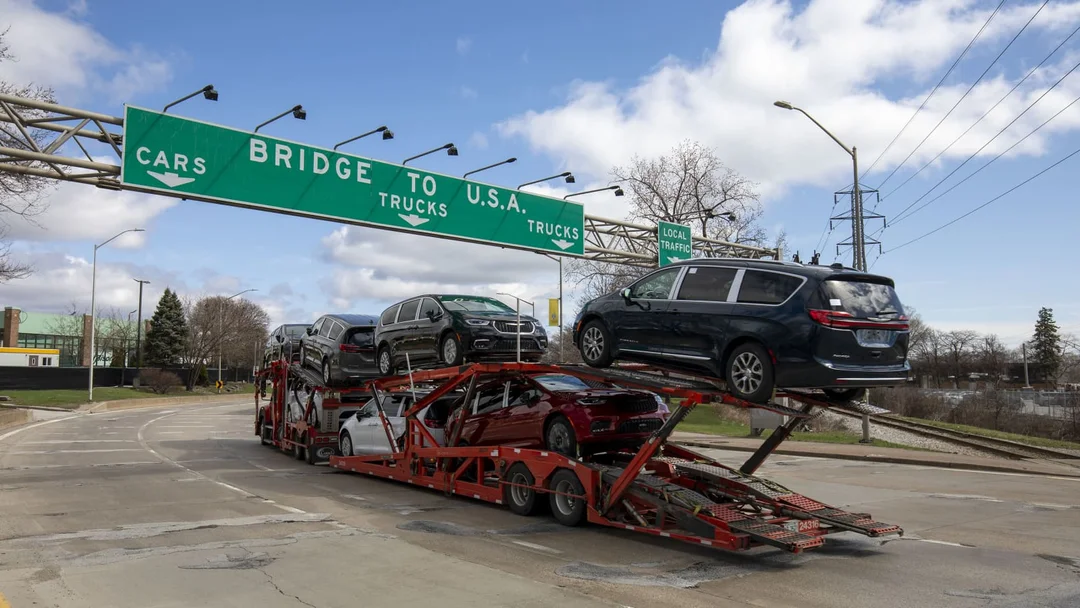
Trump’s Auto Tariffs Could Raise Car Prices, Impact Consumers
Former President Donald Trump's proposed auto tariffs could significantly increase car prices in the U.S., according to recent reports. The tariffs, aimed at protecting domestic automakers, are estimated to cost American consumers over $30 billion in the first year alone. This financial burden would come from higher prices on both imported and domestically produced vehicles, as manufacturers pass on the increased costs.
Trump has expressed indifference to the potential price hikes, stating he 'couldn't care less' if automakers raise prices due to the tariffs. This stance has raised concerns among industry experts and consumer advocates, who fear that the policy could lead to reduced affordability and accessibility of cars for many Americans.
The proposed tariffs are part of a broader strategy to bolster the U.S. auto industry, but critics argue that the approach could backfire by making vehicles more expensive and potentially slowing down sales. As the debate continues, the impact of these tariffs on the economy and consumers remains a critical issue to watch.
Related issues news
How will tariffs affect the car industry?
Goldman Sachs estimates that Trump's 25% auto tariffs could increase the cost of a new foreign-made car by as much as $15,000. Cars made in the U.S. with parts from overseas could see prices hiked by as much as $8,000, the bank said.
Which car brands are affected by tariffs?
Automakers most impacted Ford, General Motors , Toyota Motor , Honda Motor and Chrysler parent Stellantis produced the most vehicles in the U.S., according to S&P Global Mobility.
What is the EU tariff on US cars?
The EU rate for cars at 10% is above the U.S. duty of 2.5%, but the United States imposes 25% duty on imported pick-up trucks, the largest segment of the U.S. auto market.
Will Tesla be affected by the tariffs?
And compared to other automakers, Tesla makes more of its own parts, from seats to motors, in the U.S. To be clear, it will hurt — even Tesla CEO Elon Musk says the effect on Tesla will be “not trivial” — but all that domestic content means Tesla will pay less in tariffs.